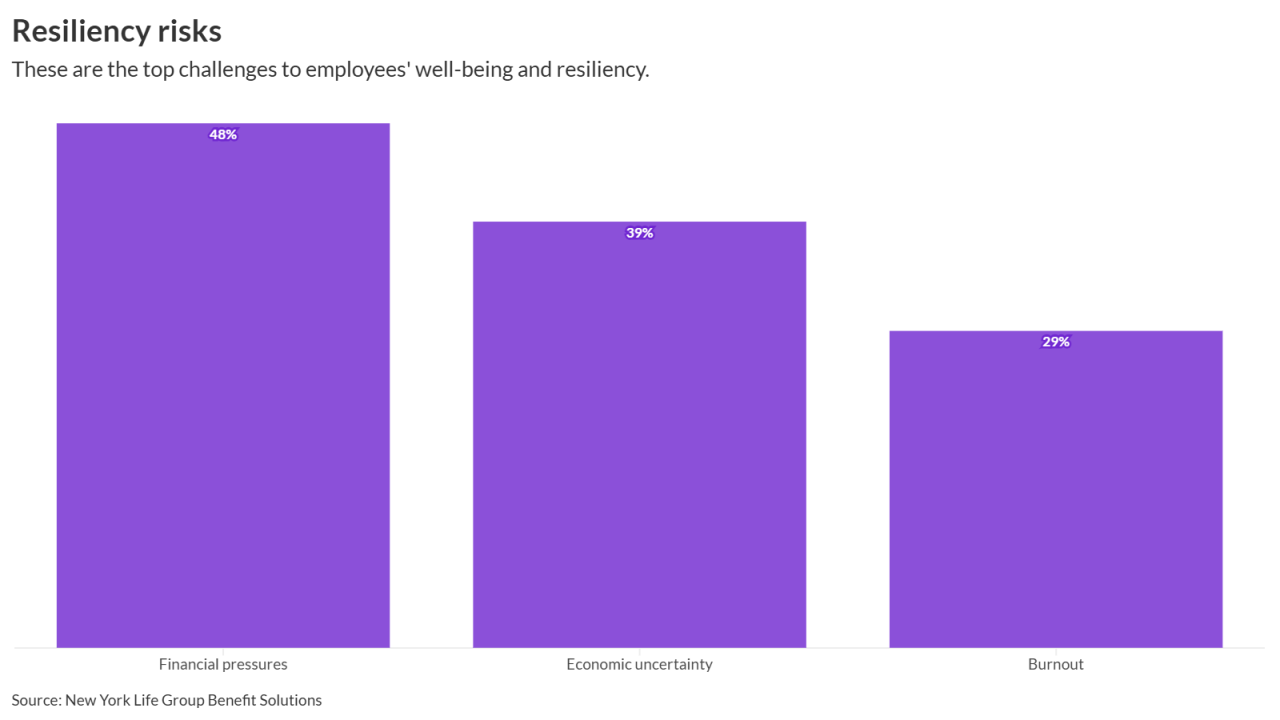Amid a futile
The World Health Organization and the Biden administration have declared monkeypox a public health emergency, as cases in the U.S. surpass 10,000. Monkeypox is part of the same family of viruses as the variola virus, which causes smallpox, although its symptoms are milder. Commonly spread through skin-to-skin contact, monkeypox is not a respiratory virus like COVID, and should have a relatively harder time passing from person to person.
So far, the cases have been predominantly among men in the LGBTQ community, who currently make up 98% of the caseload, according to the World Health Organization. However, monkeypox is not an STI and can be spread between anyone, regardless of sexual orientation, gender or ethnicity. Education and awareness are key, especially as people continue to contend with COVID, says Dr. Scott Conard, chief medical consultant for the National Alliance of Healthcare Purchaser Coalitions, a nonprofit dedicated to increasing quality healthcare access across the country.
Read more:
"We all have a little bit of post-traumatic stress from COVID and what we've just gone through," says Dr. Conrad. "We're still learning a lot about this. On a scale of one to 10, if one is we know nothing and 10 is we know everything, we're probably at a 3.5 right now."
Dr. Conrad acknowledged that monkeypox is not "COVID 2.0.," and case numbers are unlikely to swell to COVID levels. However, researchers and healthcare professionals still know very little about the disease and are continuously gathering information on its spread and symptoms.
According to the CDC, monkeypox primarily spreads through direct contact with rash, scabs or body fluids from a person with monkeypox. This means having sex, or hugging and kissing an infected individual will likely pass on the virus. But the CDC also notes that touching objects or fabrics that an infected person has used could also spread monkeypox, respiratory secretions like sneezes and coughs may transmit it, and infected pets can spread monkeypox to their owners and vice-a-versa too.
Beyond a rash, monkeypox symptoms include fever, chills, swollen lymph nodes, muscle aches, congestion, a sore throat and cough. Symptoms often start within three weeks of exposure and can range from only a rash to additional fever-like symptoms. WHO estimates a global fatality rate to be between 3% and 6%.
Read more:
Employers should note that the virus can last as long as 4 weeks, and a person is considered infectious until the skin has completely healed. The rashes can be painful, and in 10.2% of cases, have required hospitalization to deal with symptoms, according to
"Up to a month after the initial symptoms, people are usually on the other side of it," says Dr. Conrad. "Extensively, the person will often feel tired with fatigue, and the rashes can be painful, itchy and then break open."
The CDC recommends avoiding skin-to-skin contact with anyone who has a rash that looks like monkeypox, as well as avoiding contact with objects or materials that may have been used by someone with monkeypox. Unlike clubs, festivals, spas and saunas, Dr. Conrad underlines that workplaces are not considered to be at-risk locations.
"Because of the way workers interact, which is non-intimately, monkeypox is not likely to spread at work the way that COVID did," he says. "If employers have strong COVID policies, that would probably take care of monkeypox, even if monkeypox turned out to be respiratory to some degree or spread through surfaces."
Read more:
Currently, there are a limited number of vaccines available, as well as limited eligibility to conserve the existing supply. People who are eligible must have known contact with someone who has monkeypox or had multiple sexual partners in the past 14 days living in an area with known monkeypox cases. Some cities have limited the eligibility to queer men and non-binary persons.
As the healthcare community continues to gain insight on monkeypox, employers should be on high alert and be ready to support employees' health needs. Whether it's the form of remote and hybrid work options, indoor masking, social distancing, higher sanitization standards for the office or all of the above, Dr. Conrad asks employers to keep an eye on public health recommendations as more research comes to light.
Most importantly, employers should encourage employees to manage their health, whether through primary or mental health care, explains Dr. Conrad. The goal is to avoid the troubling side effects of the pandemic, which saw many people back away from managing their health and chronic diseases, often out of fear of catching COVID at a provider's office or a lack of access to services.
"Employers have to keep their eye on the ball," says Dr. Conrad. "You have to help people, because their health determines their immune system and their ability to deal with all infections."





